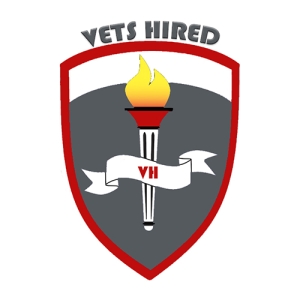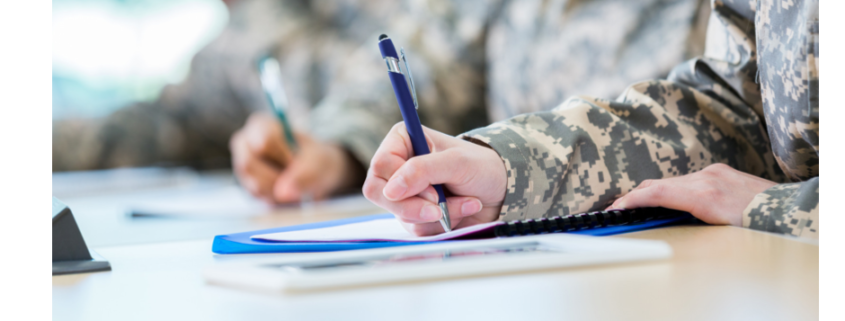Career transition challenges for women veterans
Transitioning from military to civilian life can be a challenge for any veteran, but it’s even more difficult for women veterans. With their unique experiences in combat and other forms of trauma, these women often struggle with post-traumatic stress disorder (PTSD) and other mental health problems. Women veterans also face challenges that affect all veterans, like unemployment rates that are much higher than those of men (about 11 percent versus 4 percent). There is also stigma associated with PTSD among civilians who don’t understand what it means to have experienced such trauma first-hand — this makes finding work challenging when employers want proof that candidates haven’t been injured while serving in the armed forces before hiring them onto their team!
Unemployment
Unemployment is a major challenge faced by women veterans. A report from the Women Veterans’ Economic Empowerment Act of 2019 found that women who have been out of the workforce for 10 years or more are more likely than their male counterparts to be unemployed.
This may be because, in terms of employment rates, women veterans tend to have less job experience than men do—a factor that could contribute to their difficulty finding work as they transition into civilian life. In fact, according to data from the Bureau of Labor Statistics (BLS), female veterans with no college education face an unemployment rate nearly double that of their male counterparts when looking at year-round payroll employment over those same time periods.
Healthcare
Women veterans face many challenges in the healthcare sector. They have to deal with stigma and discrimination on a daily basis, which can make it difficult for them to get the care they need.
Many women veterans have post-traumatic stress disorder (PTSD), but they often feel like they’re alone in their suffering because no one understands what they’re going through or knows how to help them. This makes them more likely than other candidates for jobs that require extensive introspection —such as counseling—which could lead employers away from hiring someone who’s struggling mentally at work.
Stigma of mental health issues
- As a woman veteran, you may be worried about being judged for your mental health. The stigma surrounding mental health issues is an issue that many women veterans face when they transition into civilian life.
- The best way to overcome this stigma is through education and support from your fellow veterans and community members who understand how important it is for all veterans to receive treatment for their conditions as soon as possible.
- If you’re still feeling isolated or like no one understands what you’re going through, reach out to organizations like the National Alliance on Mental Illness (NAMI) or Military One Source which offer resources specifically designed for service members transitioning out of military life.
Housing and homelessness
As a woman veteran, you may be experiencing homelessness. The reasons for this can range from domestic violence and sexual assault to poverty and mental illness.
Homelessness is a complex issue that requires an array of services to address the root causes of people’s inability to maintain stable housing over time. In addition to providing temporary shelter, homeless shelters also provide programs that help individuals rebuild their lives once they have been stabilized in their new homes (such as job training or substance abuse treatment).
Education and training
- Military training is not a substitute for civilian education. In fact, it can create additional challenges for veterans who want to re-enter the workforce.
- There are many options available to women veterans to get the education they need and make sure they’re equipped with all of the skills needed in today’s job market
- The benefits of getting an education include: increased earning potential; increased salary; increased job security; improved health outcomes (for example, lower blood pressure); improved mental health outcomes (for example, fewer symptoms of depression); and more opportunities for advancement within your organization or at other organizations if you choose to leave your current employer/position early on in your career path.*
There are many challenges faced by women veterans , these tips will help them to transition into civilian life
When you leave the Army, it is important to get help. This can be from your local VA or Veteran Affairs Office, or from organizations such as United Service Organizations (USO) or Operation Gratitude. They can offer assistance with finding housing and employment if needed, as well as provide counseling services for those who need it. If you decide that this is something that would be helpful for you, then don’t hesitate to reach out!
It’s also important that women veterans have a plan for transitioning into civilian life after leaving the military service. Women veterans tend not only face challenges within their own ranks but also face obstacles from other members of society who may not understand why they are leaving their jobs or why they want nothing more than another day at home with their children/grandchildren/mothers/fathers etc…
Conclusion
For women veterans, transitioning into civilian life can be a daunting challenge. With the right tools and support, however, it’s possible to overcome these obstacles and make a new start in life.
The key is to remember that it’s never too late to start over again—and that is the message we wish you good luck conveying once you’re out there on your own journey.



